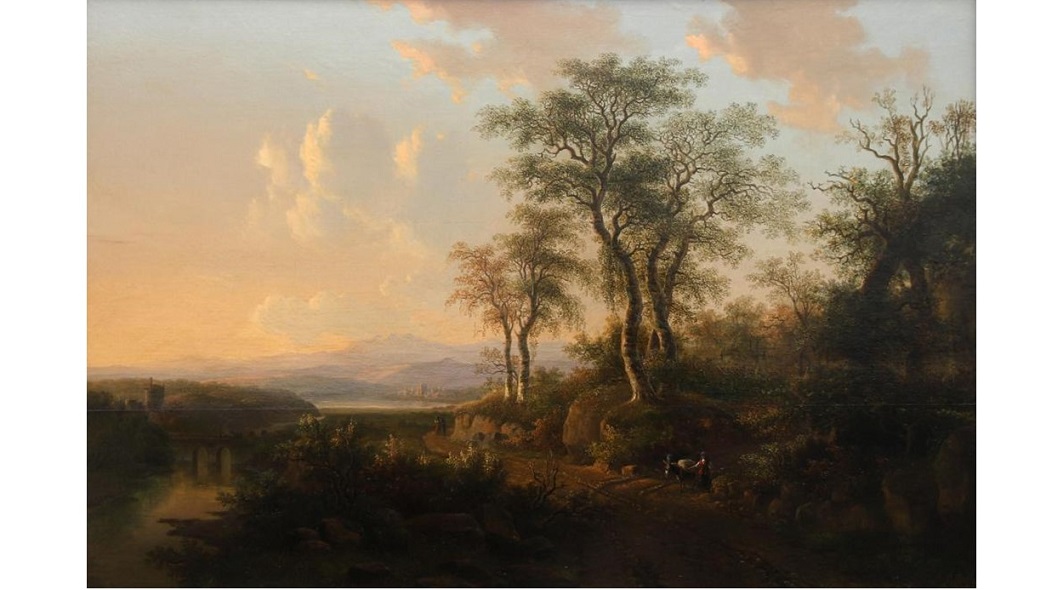.
Sonnet
When sitting on a swing my cheeks were chilled,
I gazed and saw the dawn, a new spring day.
I knew those colors soon would fade away,
But for a moment, time had slowed and stilled.
The sky was cloudless, clear, and it was filled
With purples, reds, a prelude to the day.
It glowed as if from Spenser’s land of fae,
Rejoicing to be as the Father willed.
His blest Son shines with perfect light of gold,
He quenched, for us, and set His flawless flame,
And rose so we could rise and have new morn.
I pray when time escapes and I grow old,
That I may be as clean and just the same,
As how I was when I was first reborn.
.
.
Jane Schulert is a high school student who currently resides in Fort Wayne, Indiana.




A praiseworthy sonnet, Jane. I hope to read more of your creations.
Excellent poetry, Jane.
The simplicity of the title mirrors the simplicity of the content, all wrapped up in a complex poetic form that just gallops along.
I look forward to reading more from you in future.
Thank you for your kind words! I have noticed a lot of writing is made unnecessarily complicated. I wanted to write something that is beautiful because of its simplicity.
I love it. I few minor stumbles but even Shakespeare’s sonnets were rarely perfect in meter. I’ve done English, Italian and Spenserian sonnets, though my fave is English. Your theme of redemption is both universal and warm
I also normally lean towards English, but I challenged myself to try a different style, which is how I wrote this sonnet. Thank you for your comment!
Very pleasing classical sonnet, Jane, giving me a peaceful feeling for this morning and for those to come.
I’ll echo what the others have said.
A very pleasing sonnet that evokes such a peaceful feeling.
Best regards,
Paddy
Beautiful sonnet! Your use of rhyme was lovely. Keep writing…you have a great future.
Wow, Jane, that’s great! I couldn’t even have imagined writing a sonnet so beautiful and well-crafted at your age.
Congratulations, this is a very nice poem indeed and I really enjoyed reading it. The picture is very lovely too and goes well with it, thank you.
Jane, this is indeed a lovely sonnet, and for the most part admirably clear, but line 10 is quite complex. It seems to have a compound verb in past tense, “quenched” and “set,” with “His flawless flame” as direct object. “For us” gives the indirect object, perhaps for “quenched” only, but perhaps for both verbs. When we think of God’s Son quenching flame for us, that flame could be the fire of divine wrath deserved as punishment for sin. God is perfectly just and perfectly merciful to do so; thus the flame is flawless. But to understand “set” we must read “His flawless flame” as meaning His divine life.
He quenches His own life for us, and sets as the sun sets. This reading is confirmed when you go on to “rose” in the next line. The diction is unusual and therefore makes the reader pause to understand it. This is something like John Donne or poets of his time and after. Challenging, I would say, rather than simple!
Congratulations, Jane! A beautiful sonnet with a beautiful theme.
You will never lose what you have gained by writing this sonnet. Always keep the thought that as you see more of the world’s inconstancies you will not become hardened to them, but will keep to your clear vision and your faith in what is good and right.